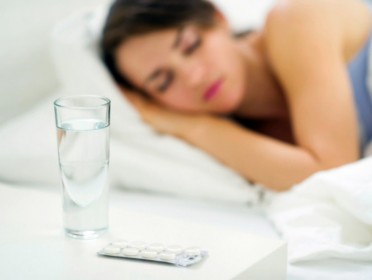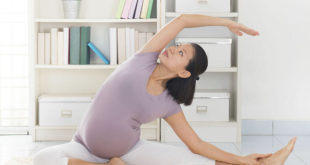
The Australian Olympic Committee (AOC) recently banned several types of sleeping pills after revelations elite athletes were relying heavily on them for extended periods.
The AOC has singled out zolpidem, sold under the brand Stilnox, nitrazepam (sold as Mogadon) and flunitrazepam (Rohypnol) for its black list. In extreme cases, our athletes will be allowed temazepam, sold as Restoril and Normison, at the London Games.
Almost half of Australians suffer insomnia at some point so, with the recent furore, exactly what is safe to take?
Reasonable use of sleeping pills
In certain instances, experts agree that taking sleeping tablets is an appropriate short-term option.
“It’s not unreasonable to prescribe the drugs for a few days or weeks if there is a reason for it,” says Professor Drew Dawson from CQUniversity’s Appleton Institute for Behavioural Science. He lists such reasons as grief, jet lag or short-term insomnia and says, “Sometimes six hours of drug-induced sleep is better than no sleep at all.”
Side effects of sleeping pills
However, he stresses that extended use has significant side effects as these drugs have the potential to become psychologically addictive or habit forming.
“A withdrawal effect might be rebound insomnia after you stop taking them. Because you are using artificial sleeping drugs, your body stops producing its own sleep-inducing compounds. When you stop taking them you won’t sleep well, so you take another sleeping tablet and it becomes self-reinforcing behaviour,” Dawson says.
Stilnox has rare but serious side effects, says Australian Medical Association president Dr Steve Hambleton. Bizarre behaviours such as sleep walking, sleep driving and even armed robbery and rape have all been reported, especially when the drug is mixed with alcohol.
Dangerous drugs
“Rohypnol gained notoriety as the date-rape drug because it doesn’t have a taste and is odourless. It’s not widely available in Australia and I would be very concerned about prescribing it,” Hambleton says.
Mogadon should also be approached with caution as it is long-acting. He adds that elderly people should particularly avoid this drug as the hangover effect might cause an accident or fall.
Pharmaceutical companies claim the new type of non-benzodiazepine drugs, which include Stilnox, more closely mimic natural sleep patterns and are less addictive.
Hambleton disagrees. “Every time there is a new sedative, they claim it’s less habit forming and addictive. But rather than reaching for a sleeping pill, it’s better to try figure out why you’re not sleeping. Often there is a medical reason, like sleep apnoea or stress.”
Are natural sleeping pills safer?
There are several herbal medicines that can be used for both falling and staying asleep, says Sydney naturopath Kylie Seaton, who treats a number of athletes and international touring musicians.
“Passionflower, hops, oats, valerian, skullcap and magnolia are excellent. Most of these herbal medicines have been clinically trialled with promising results and negligible side effects,” she says.
Look for medicines with a combination of these herbs for the best effect. You can purchase herbal remedies from a naturopath, chemist or health store.
Avoiding caffeine is a must if you’re having trouble sleeping.
“Coffee is not your friend if you can’t sleep well. Each cup of coffee puts you into a mini fight-or-flight stress response. The half life of coffee is quite long, so just a few cups a day will mean that your system is caffeinated for 24-hour cycles,” Seaton says.
If the problem is falling asleep, body+soul’s naturopath Mim Beim recommends taking a large dose of herbs after dinner or just before bed. If waking between sleep cycles and being unable to fall asleep again is the issue, she suggests taking the dose at bedtime or again in the middle of the night if necessary.
Beim says, “Bad sleep is a pattern. When something like the herbs work, keep taking them for a good two to three weeks so your body is able to go back into a good routine.”
Practical measures
A routine such as waking at the same time every day, sleeping in a dimly lit room, turning off electrical devices and winding down at least half an hour before bed is recommended for people who have trouble sleeping.
Source: bodyandSoul
 We are sharing information for knowledge. Presented by. SocialDiary.Net
We are sharing information for knowledge. Presented by. SocialDiary.Net



